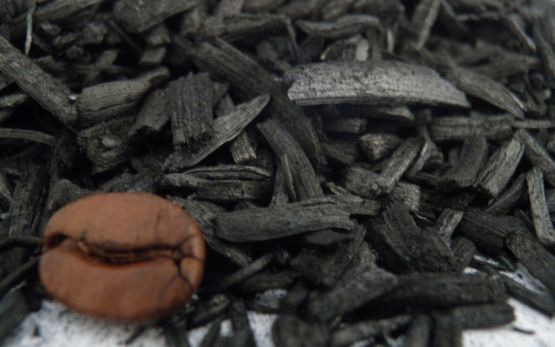Carbon-based soil amendments like biochar are a double-edged sword. On the one hand, biochar serves as a soil improver and can bind pollutants; on the other, it is not free of pollutants itself. Our work aims to take into account both aspects.
A wide array of carbon-based soil amendments for pollutant immobilisation or soil improvement are currently being developed. Examples of these are biochar and activated carbon. The addition of such substances to soils is usually an irreversible process in which, in addition to the anticipated benefits, the associated potential negative consequences for the soil must also be tested. Here, from the point of view of soil protection, the change in contaminant availability and total contaminant content are of particular interest. Whilst biochar can, for example, reduce the bio-availability of pollutants in the soil, its addition in any case also introduces other contaminants such as polycyclic aromatic hydrocarbons (PAHs) into the soil. Together with producers, we are working on the reduction of PAHs in biochar.






